Kathmandu, Nepal –Sunabh Ranjitkar, a student at Islington College, has created ‘noaiGPT,’ an AI tool that makes AI-generated text sound more human. His project has won a $2,500 (NPR 340,000) grant from Microsoft’s Startup Founder Hub.
AI is everywhere. But AI-detection tools like GPTZero and Turnitin flag AI-generated text. Many students and professionals struggle because of this. Ranjitkar saw this problem and built a solution.
How It Started
Ranjitkar has loved computers since eighth grade. In college, he used AI tools like ChatGPT, QuillBot, and Grammarly. But AI detectors made things difficult. Undetectable AI tools existed, but they were too expensive.
So, he decided to build his own. He teamed up with his classmate Joyash Shrestha. Together, they created a dataset of 10,000 rows to train their AI model. After months of work, they secured the domain name ‘noaiGPT’ and launched their website in March 2024.
From Concept to Global AI Startup
Ranjitkar’s journey into AI development began with an initial struggle against AI-detection tools, which led him to explore fine-tuning AI models using Python. Partnering with his classmate Joyash Shrestha, he spent three months curating and training a dataset of 10,000 rows to optimize the model’s performance. By March 2024, the duo had secured the domain name ‘noaiGPT’ and officially launched the platform.
The major breakthrough came in August 2024 when Ranjitkar’s startup was selected for Microsoft’s Startup Founder Hub, providing crucial funding for fine-tuning the AI model using OpenAI’s GPT-3.5. By February 2025, ‘noaiGPT’ was fully operational and launched for users worldwide.
noaiGPT’s Features and Market Potential
‘noaiGPT’ offers a freemium model where users receive 500 free credits upon registration, with premium plans allowing higher word limits. The tool’s AI-humanization capabilities have been tested against leading AI detectors, ensuring its effectiveness.
With over 15,000 active users—80% of whom are from outside Nepal—‘noaiGPT’ is gaining international traction. Subscription plans start at NPR 499 for processing 10,000 words, with premium users able to make payments via FonePay. However, Nepal’s restrictive online payment policies remain a barrier for global scalability.
Seeking Global Expansion and Investment
While ‘noaiGPT’ has achieved remarkable success in a short period, Ranjitkar and his team are actively seeking international investors to help overcome financial and regulatory hurdles. Their goal is to expand the platform’s capabilities to support 25 additional languages, including Nepali, and improve accessibility for users worldwide.
“With the right financial backing and better payment integration, we believe ‘noaiGPT’ can become a leading global AI tool,” said Ranjitkar.
His success story signals a new era for Nepal’s growing AI ecosystem, proving that with innovation and perseverance, young Nepali entrepreneurs can compete on the global tech stage.


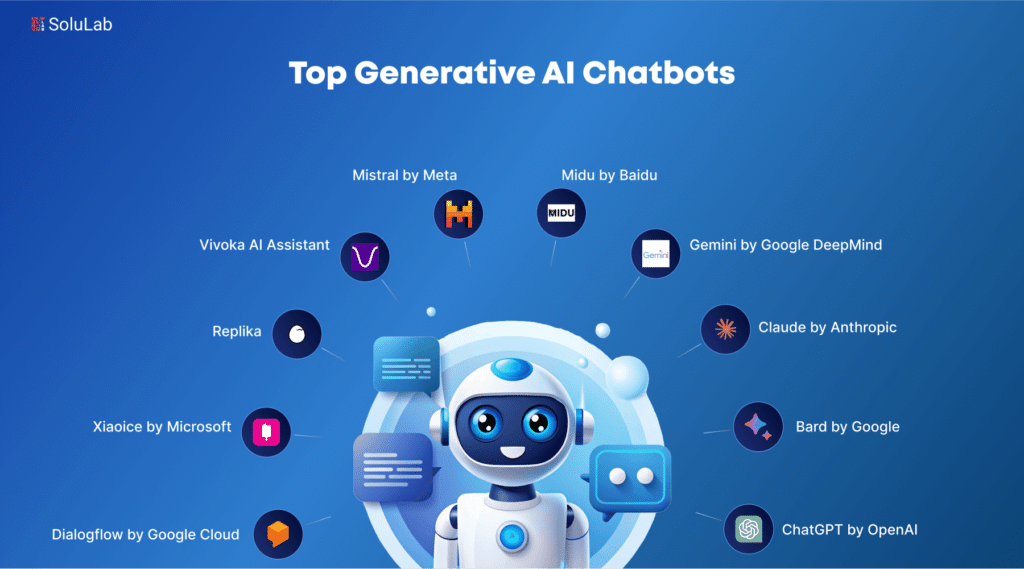




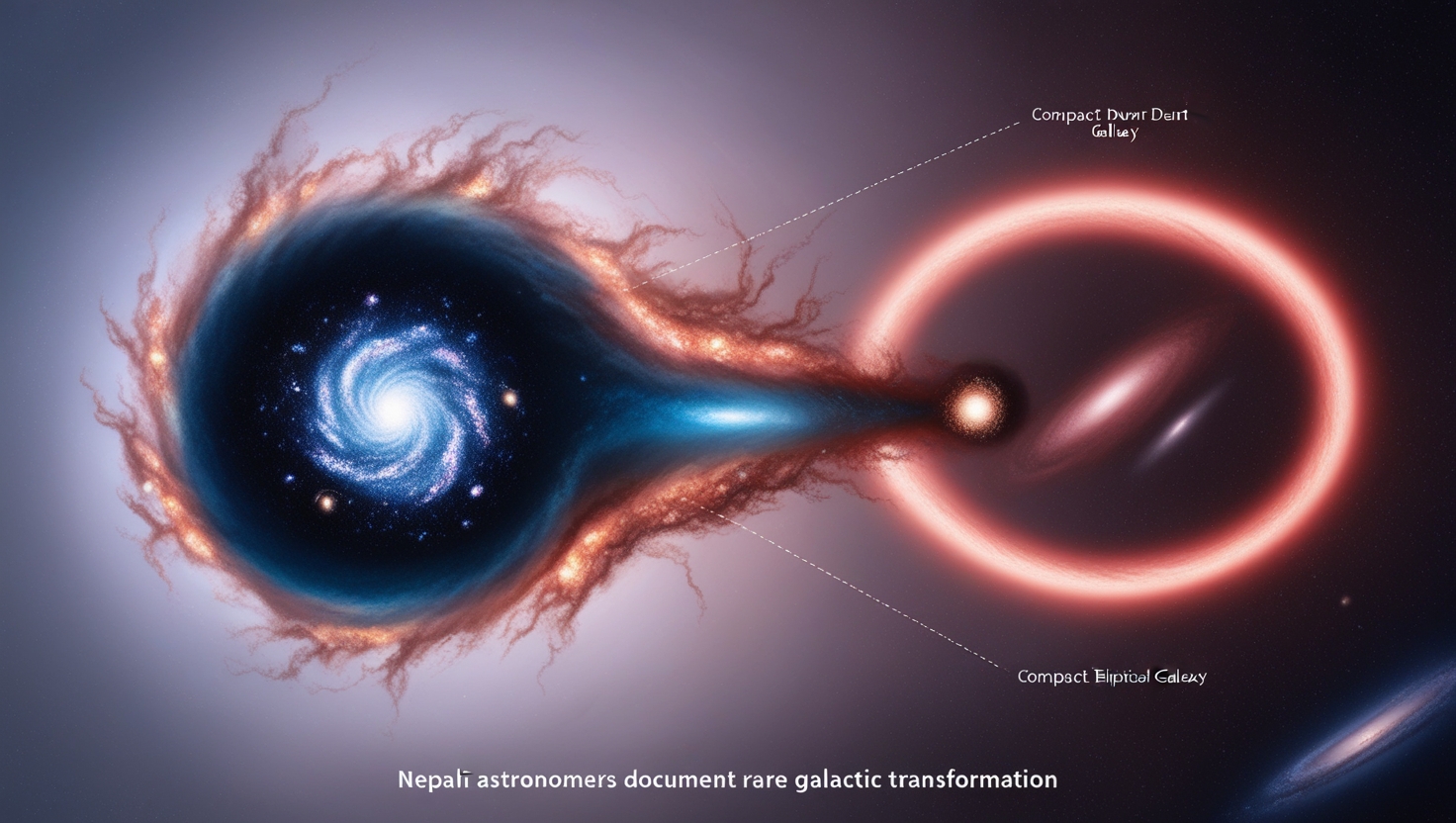
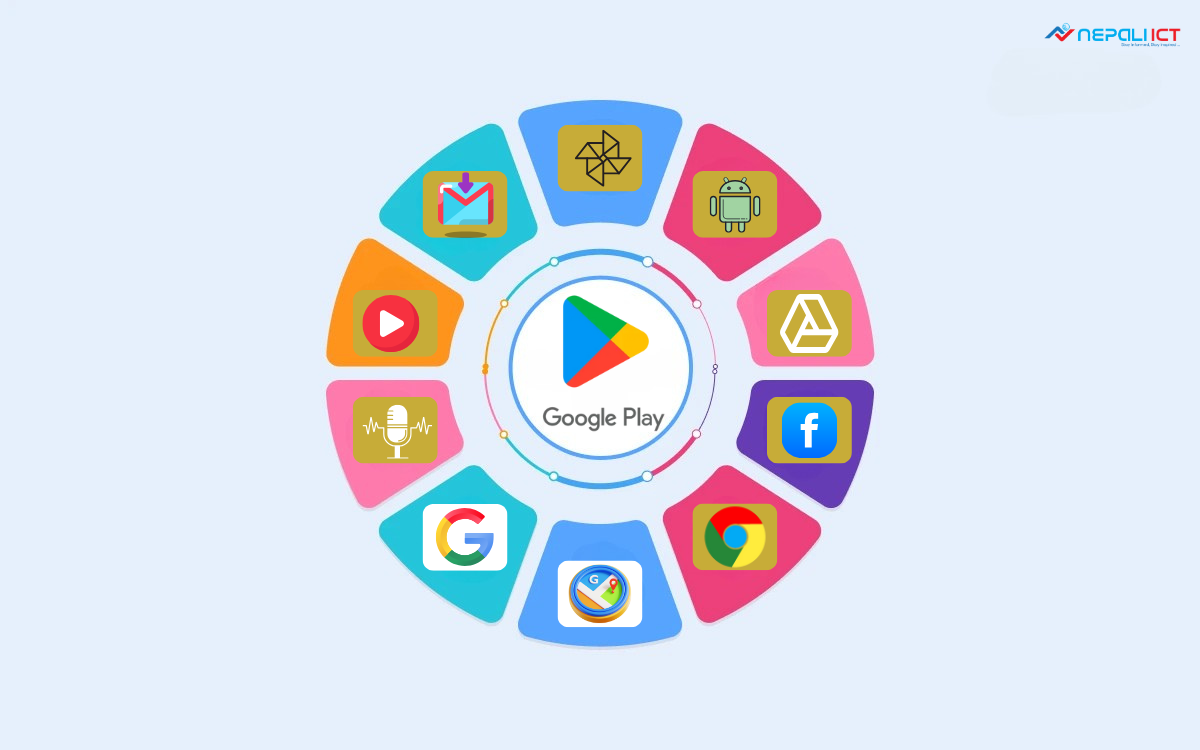
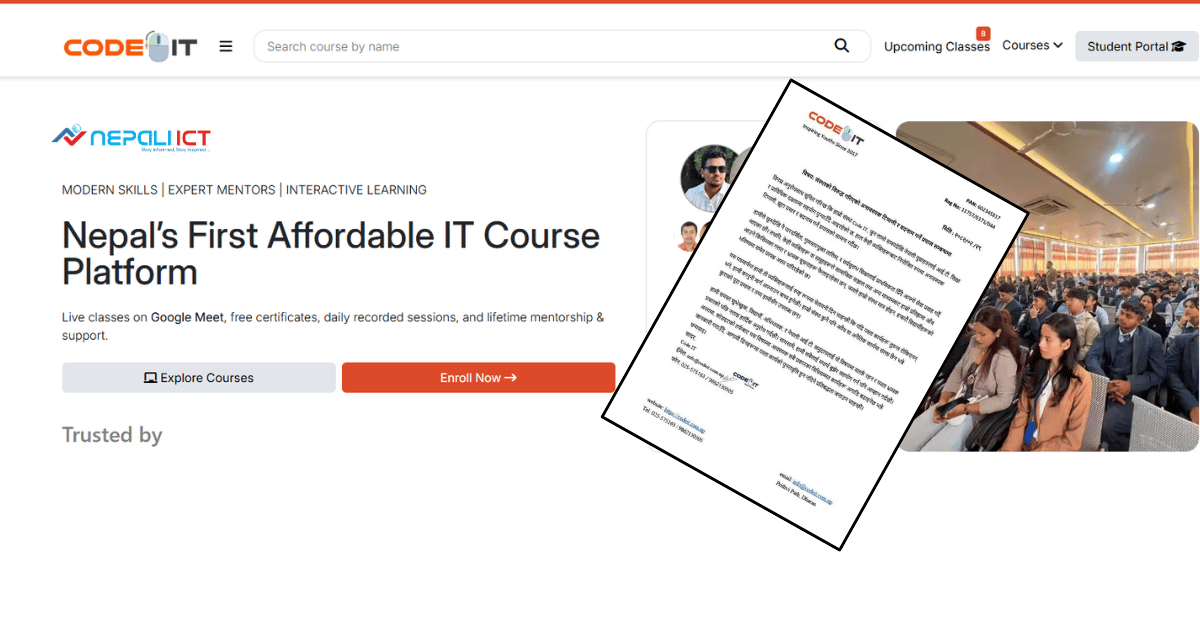

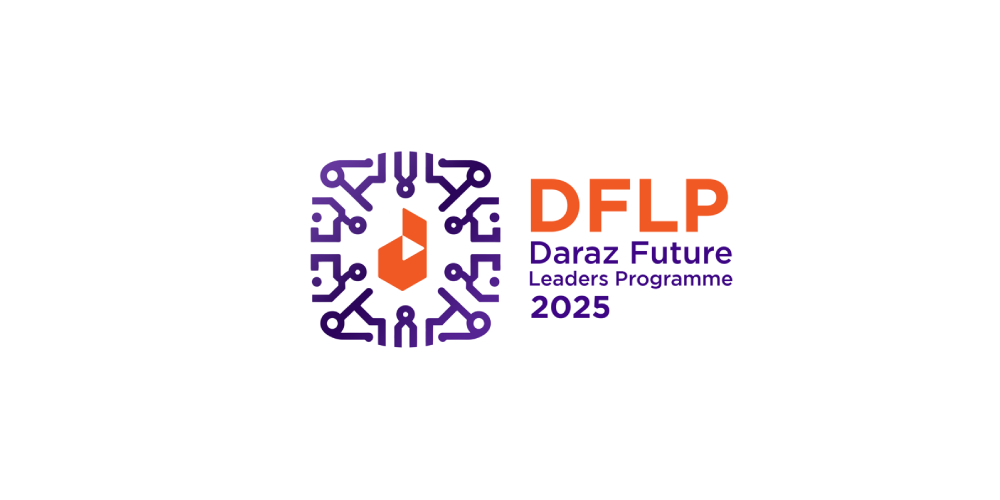


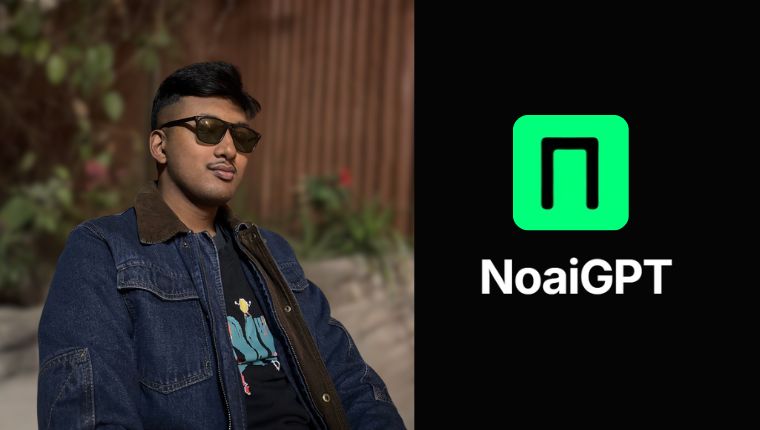









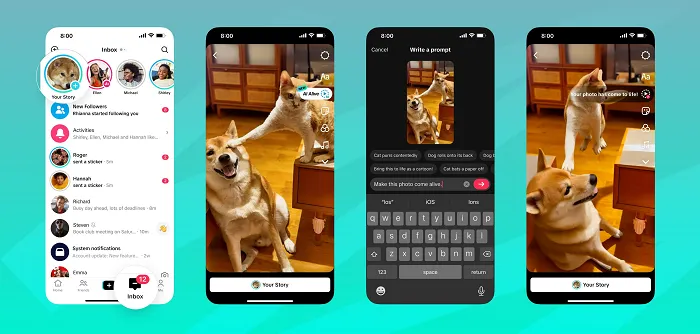
Comments